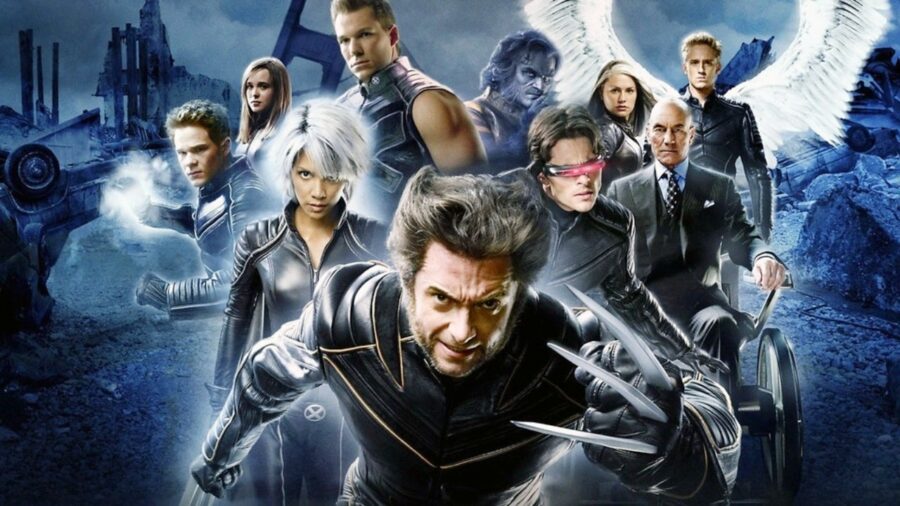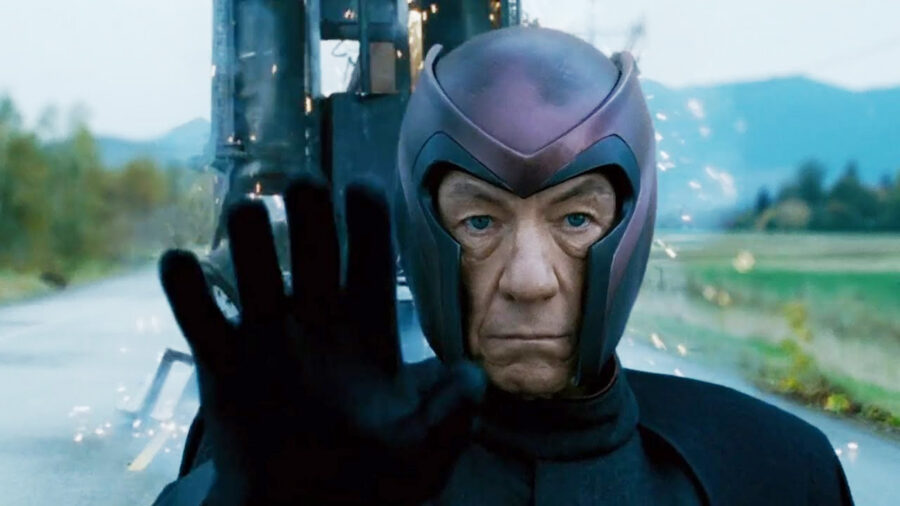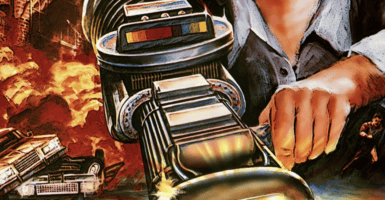The X-Men In The MCU Must Include Comic-Accurate Representation Of Marginalized Group

The ideal at the center of almost every X-Men story is the mutant metaphor, which has Marvel’s mutants standing in for all groups that suffer discrimination, including people of color, the disabled community, and LGBTQ+ people. As these groups have become more socially accepted, the comics have integrated the real-world issues mutants represent alongside the ongoing story of mutant discrimination. Unlike previous versions of the title, when the X-MEn join the MCU they must embrace LGBTQ+ mutants rather than relying exclusively on metaphor.
The Allegory Of The X-Men

The mutant metaphor has always worked as a stand-in for queerness, as a change that usually manifests around puberty and suddenly causes social strife. This allegory was almost certainly unintentional when Stan Lee and Jack Kirby created X-Men, and it remained purely subtext in the Silver Age. However, that part of the metaphor would become increasingly important in the bronze age, particularly under writer Chris Claremont.
As Far Back As The 80s

Despite Claremont’s focus on the LGBTQ+ elements of the mutant metaphor, he struggled to get them onto the pages of X-Men. During the 80s, when Claremont was writing, Marvel had a mandate against including gay characters put in place by editor-in-chief Jim Shooter. As a result, Claremont’s run is full of thinly veiled queerness and plot lines that had to be abandoned when they became too overt.
Changes In Recent Years

In recent years there has been a shift to canonize the subtextually queer characters in X-Men, and the MCU needs to make those identities clear in their adaptation. The romantic relationship between Mystique and Destiny, Kitty Pryde’s bisexuality, Ice Man’s homosexuality, and the gender-fluid nature of shapeshifters like Morph are examples of important LGBTQ+ identities Disney can’t ignore. To brush these aspects of the characters under the rug would be insulting both to real-life LGBTQ+ people and to the source material they’re adapting.
From Subtext To Main Storylines

Setting issues of representation aside, the inclusion of queer characters is important for pure storytelling purposes when it comes to the X-Men joining the MCU. Some of Kitty Pryde’s best storylines involve her relationships with female characters like Rachel Summers or Magik, and Mystique is most interesting when she’s working with her longtime partner Destiny. The MCU would make their characters actively less interesting by ignoring their identities.
The MCU Has Nearly Zero Representation

It would also help the new version of the X-Men stand out in the MCU if it leans into the LGBTQ+ elements of the team. In the previous era of mutant movies, only New Mutants and Deadpool 2 had explicitly LGBTQ+ characters. Queer relationships have been all but non-existent in the MCU, with Phastos in The Eternals and the backstory of Tessa Thompson’s Valkyrie, making it fertile ground for the studio to explore.
X-Men 97 Paved The Way For The MCU

Embracing the LGBTQ+ elements of mutants would be a creative risk for the MCU, but that’s a good thing. The backlash against Morph being gender-fluid in X-Men 97 shows that negative reactions to queer characters are inevitable, but the show’s massive success demonstrates how impotent that backlash is. Massive franchises can often become predictable in their attempts to appease everyone, creative risks are needed to prevent that and remain relevant.
Disney Can’t Ignore The X-Men

The X-Men have always represented the fight against oppression of all kinds, excluding LGBTQ+ characters or ignoring their queerness would fly in the face of that theme. Hopefully, the success of X-Men 97 will embolden the studio to embrace the source material’s queerness for the MCU. If Disney can’t learn to embrace the diversity baked into the mutant metaphor, it will never succeed in bringing the X-Men to life.












